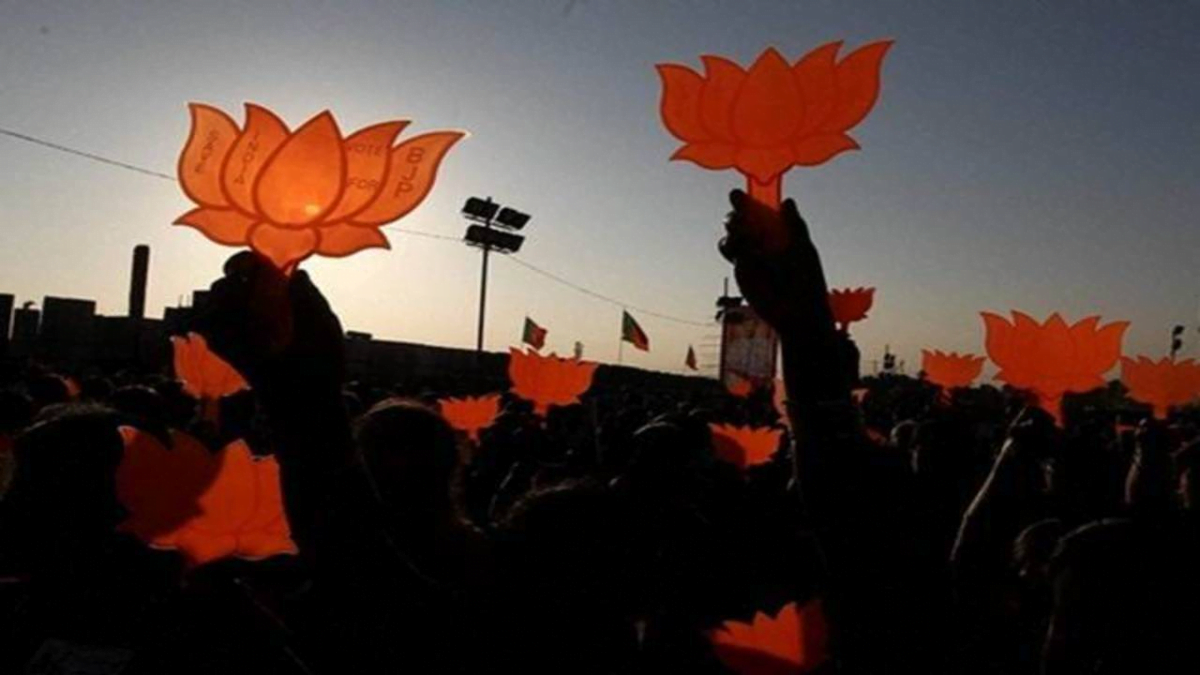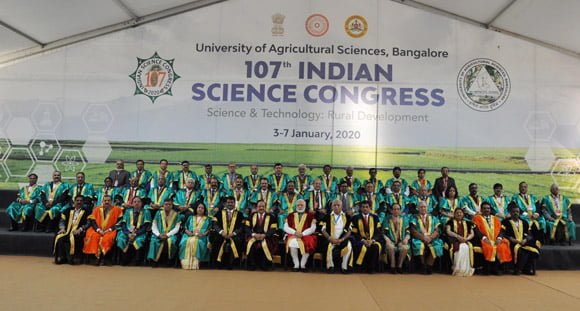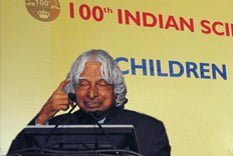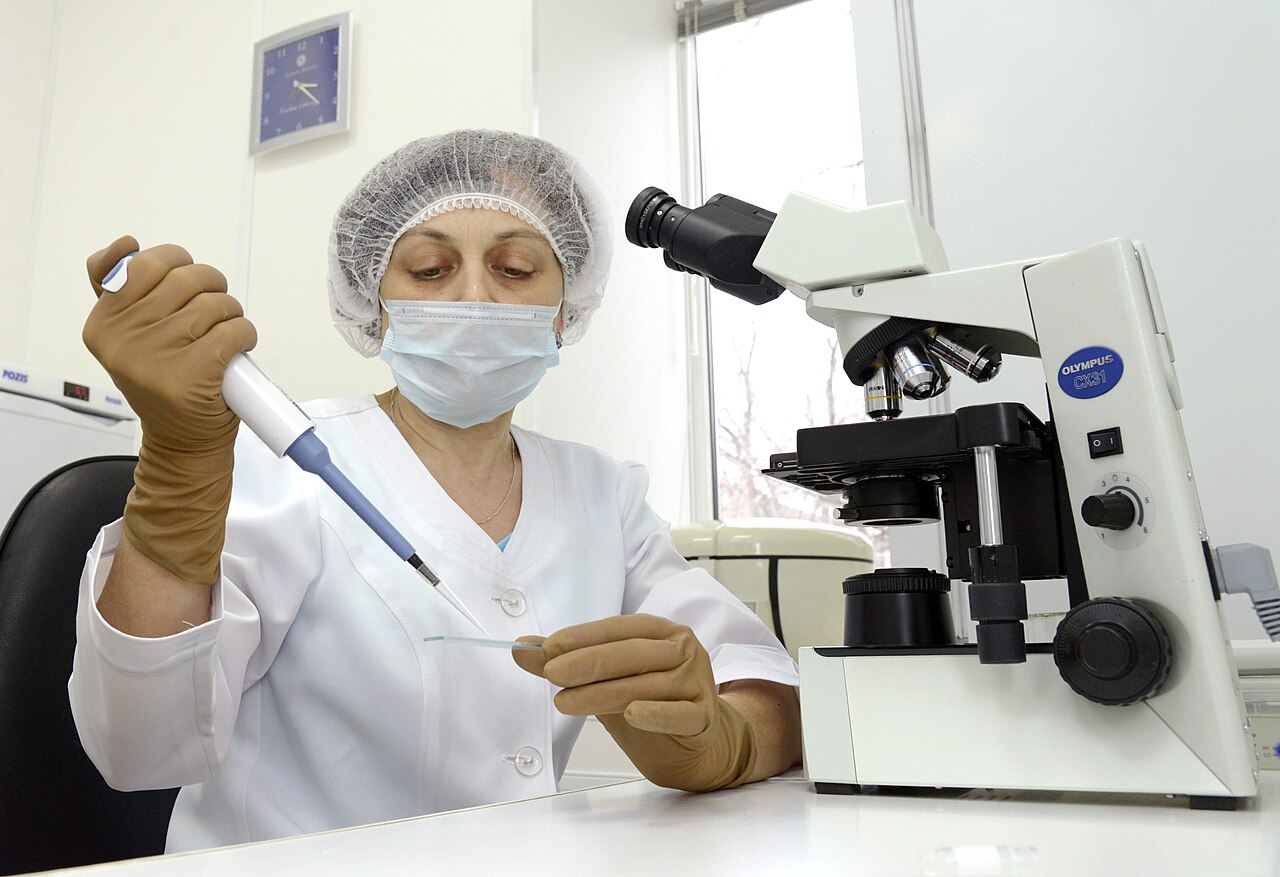For over a century, the Indian Science Congress, a longstanding tradition organised by the Indian Science Congress Association (ISCA), has captivated the scientific community in the country. Since Independence, except during 2021 and 2022 due to the pandemic, the Prime Minister has consistently inaugurated this distinguished gathering of scientists, underscoring its enduring significance.
However, the event faced an uncertain cancellation following the Union Science and Technology Ministry’s decision in September 2023 to ‘dissociate’ itself and withhold government funds.
As per the reports, the Indian Science Congress Association (ISCA) intended to organise the 109th Indian Science Congress at Lovely Professional University (LPU) from January 3 to January 5, to create a lively presentation of cutting-edge research. However, the event faced an uncertain cancellation following the Union Science and Technology Ministry’s decision in September 2023 to ‘dissociate’ itself and withhold government funds. The move has made it impossible to proceed with the conference said an organiser from LPU, the report further stated.
Every year, the Indian Science Congress (ISC) draws thousands of academics, researchers, scientists, and students to create a dynamic nexus for innovative discussion and knowledge exchange. Albeit unfulfilled, it was a significant blow to the showcase of cutting-edge research and collaborative scientific exploration the event originally envisioned, sparking debates on the move, asking: is it a decolonial or dangerous move by the central government?
What are the reasons for cancellation? What did the scientists say?
According to a report, the Union Ministry of Science and Technology’s Department of Science and Technology (DST) claimed disputes with the ISCA over the content of the five-day event, in addition to ‘financial irregularities’ as grounds for this.
But the cancellation of this year’s annual session of the Indian Science Congress Association (ISCA) has raised eyebrows among some scientists, who see it as a result of the central government’s push for an alternative science festival linked to Vijnana Bharati, the science wing of the RSS, says another report.
Analysing it further, in a September 2023 notification, the DST mentioned to scientific department secretaries that support for the 2024 ISC event would be discontinued.
Analysing it further, in a September 2023 notification, the DST mentioned to scientific department secretaries that support for the 2024 ISC event would be discontinued. In response, the ISCA filed a lawsuit alleging government involvement. Whereas the ISCA, which receives Rs 5 crore from the DST to host the congress each year, accused the government of obstructing its activities. The chosen institution for the event was also said to receive a large financial allocation to organise the five-day conference, the news reports mentioned.
According to the ongoing debates and reports, the DST’s move to withhold government funds from the ISC is seen as part of a larger government strategy to weaken the ISC’s conference. Concurrently, there are allegations of favouritism towards the India International Science Festival (IISF), an annual flagship event organised by Vijnana Bharati. Vijnana Bharati, positioning itself as a science movement blending traditional and modern sciences, has been hosting the IISF since 2015 with financial backing from various government departments.
Even though ISCA is an independent body, it relies primarily on DST funding, which includes both the yearly Science Congress grant and income for its permanent staff. The event’s rigid links to the government, emphasised by big inaugurations involving the Prime Minister and other leaders, make the government position itself amid controversies.
According to The Telegraph, the Department of Science and Technology (DST) has also accused ISCA of unilaterally moving the event from Lucknow to Jalandhar without getting permission from the government. The annual ISCA event ‘already lost its relevance in the scientific community and lacks a professional approach on the conduct of the event on many fronts,’ according to the DST, which defended its decision.
According to The Telegraph, the Department of Science and Technology (DST) has also accused ISCA of unilaterally moving the event from Lucknow to Jalandhar without getting permission from the government.
However, this disagreement brings to light issues with the flagship scientific meeting of the ISCA’s perceived efficacy and organisational features.
Can the party’s focus on Swadeshi science be seen as decolonial?
The BJP government’s focus on scientific autonomy represents a significant stride in decolonising India’s scientific landscape. This strategic shift signals a resolute departure from past reliance on foreign influences, aiming to carve out a distinctive national identity in the arena of scientific progress. It is important to notice that while the emphasis on Swadeshi science aligns with the pursuit of self-reliance, there is a tangible concern regarding the potential oversight of well-established international scientific principles.
Negotiating this delicate balance becomes crucial, as it requires navigating the fine line between asserting national pride and ensuring a globally informed, collaborative approach for sustained success in India’s scientific pursuits. In this complex terrain of scientific policymaking, the BJP’s push for Swadeshi science can be seen as an appealingly complex chapter in India’s journey unfolding toward scientific innovations.
How can it be dangerous for the scientific developments of the country?
In recent times, the Bharatiya Janata Party (BJP) has amplified its emphasis on Swadeshi science, sparking a nuanced debate over whether this approach is genuinely decolonial or potentially perilous. Swadeshi, rooted in the concept of self-reliance, has been championed to reclaim indigenous knowledge and reduce dependence on foreign technologies. While supporters laud the move as a decolonial initiative, critics raise concerns about its implications on scientific collaboration and progress.
The recent emphasis on Swadeshi science by the Rashtriya Swayamsevak Sangh (RSS) coupled with the cancellation of the ISCA event, can spark concerns about the direction of scientific discourse in the country where an exclusive focus on Swadeshi science might foster isolationism and impede global collaboration and the sharing of scientific knowledge.
The BJP’s Swadeshi science agenda also raises concerns about the intersection between politics and scientific research.
The BJP’s Swadeshi science agenda also raises concerns about the intersection between politics and scientific research. The political decisions steering this approach may introduce conflicts with the objective pursuit of scientific improvement, potentially creating a threat where nationalistic motives could exert influence on scientific research and policy. This can be concerning about the jeopardy to the impartiality, objectivity, and universality that form the base of scientific methodology.
Concerns can revolve around the potential disregard for established scientific principles and methodologies with an excessive focus on Swadeshi science. It may unintentionally marginalise well-established practices, thereby impeding the scientific community’s ability to benefit from a diverse range of methodologies and insights.
ISCA’s annual meet like every other year was supposed to be an intellectual spectacle that echoes throughout universities and research institutes when this dynamic meeting turns into a melting pot of ideas, promoting joint research and highlighting the latest developments of scientific discoveries.
Furthermore, the phrase “decolonising” can be multifaceted and refers to more than only a change in the scientific methodology of our nation. Therefore, this cancellation of the ISCA session, attributed to government decisions, adds complexity to the debate, raising questions and doubts about the impact on India’s scientific landscape and the role of diverse perspectives in shaping its future.
However, balancing the promotion of indigenous knowledge with active involvement in the larger scientific community is a difficult task that needs serious thought and discussion for a nation that dreams about making it happen through ingenious advancements.








